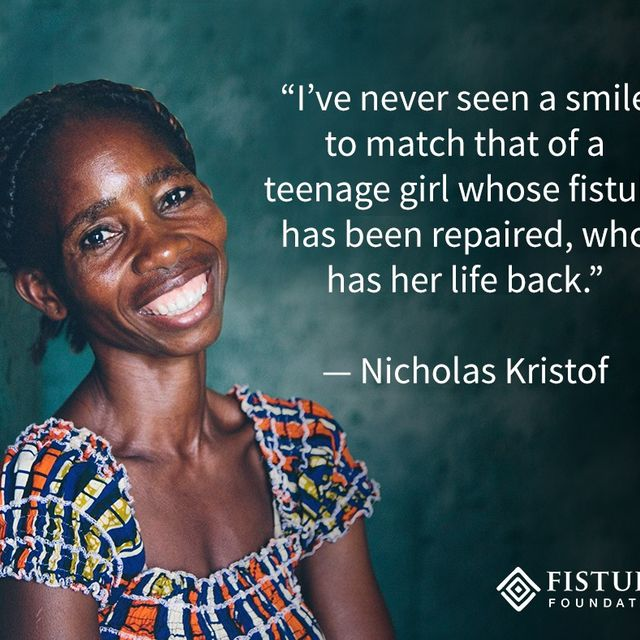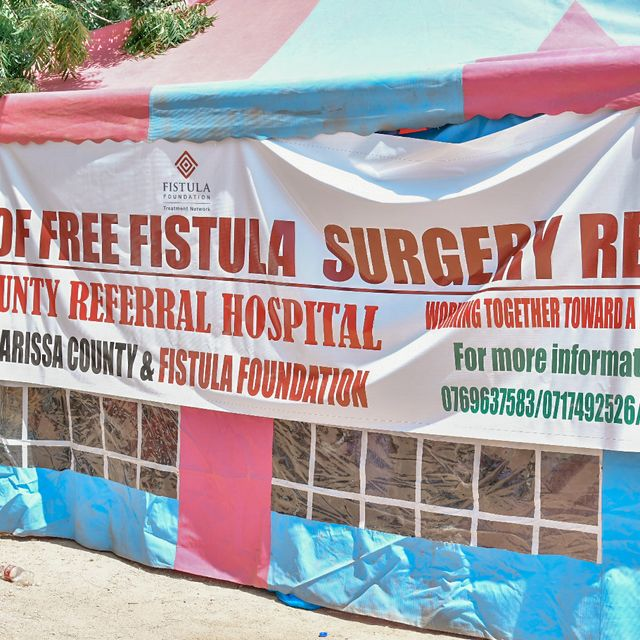
Fistula Surgeries Nepal, Chad, Afganistan
The Challenge
In low-income countries, women who have obstructed labor without access to a C-section are at high risk for obstetric fistula, as tissue damage from prolonged labor leads to a tear between a woman’s vaginal canal and her bladder or rectum. Over 1 million women in Africa and Asia suffer from untreated obstetric fistula, a debilitating condition that renders women socially isolated and susceptible to chronic infections. Very often, these women are shunned by their families, kept in a separate room in the house, and sometimes even thrown out because of the odor. The social taboo associated with Fistula renders these women as outcasts in their own community. Many women suffer a lifetime of incontinence and social stigma without knowing there is a safe, curative treatment available.
The Innovation
In the medical field, surgical procedures have been well established to cure Fistulas. However, such specialized surgery is generally not available in many parts of the world. Furthermore, even in places where such surgeries are available, most women are either unaware of such an option or that they are unable to afford it. The US based Fistula Foundation partners with and supports local hospitals and surgeons in making such life changing surgeries available for free to the women. After the surgical cure of fistulas, the women return to their villages and become advocates for the free access to this treatment.
The Sumar Lakhani Foundation (SLF) has been instrumental in supporting Fistula Free Nepal (FFN) by dedicating funds to train surgeons and nurses in the art of performing fistula surgeries. These newly qualified surgical teams will be able to train more health care professionals, expanding the capacity to treat more patients with fistulas in rural Nepal. SLF in partnership with The Fistula Foundation has also established a matching program to train surgeons in fistula surgeries in Chad and Afghanistan.
Long Term Impact
Fistula Foundation with the support of donors such as the Sumar Lakhani Foundation and in partnership with local hospitals have globally established many fistula surgical centers. Recently new surgeons and nurses have been trained in countries such as Nepal, Chad, and Afghanistan. After the surgical cure, the women return to their villages and become advocates for this free and safe life-changing treatment. During the recovery period, the foundation also provides these women with vocational training opportunities so they can transition back to their normal lives.
These women are now free. They have dignity. They can go back to their families and their communities. Many who used to live on handouts as outcasts are now empowered to earn an independent living with dignity.















